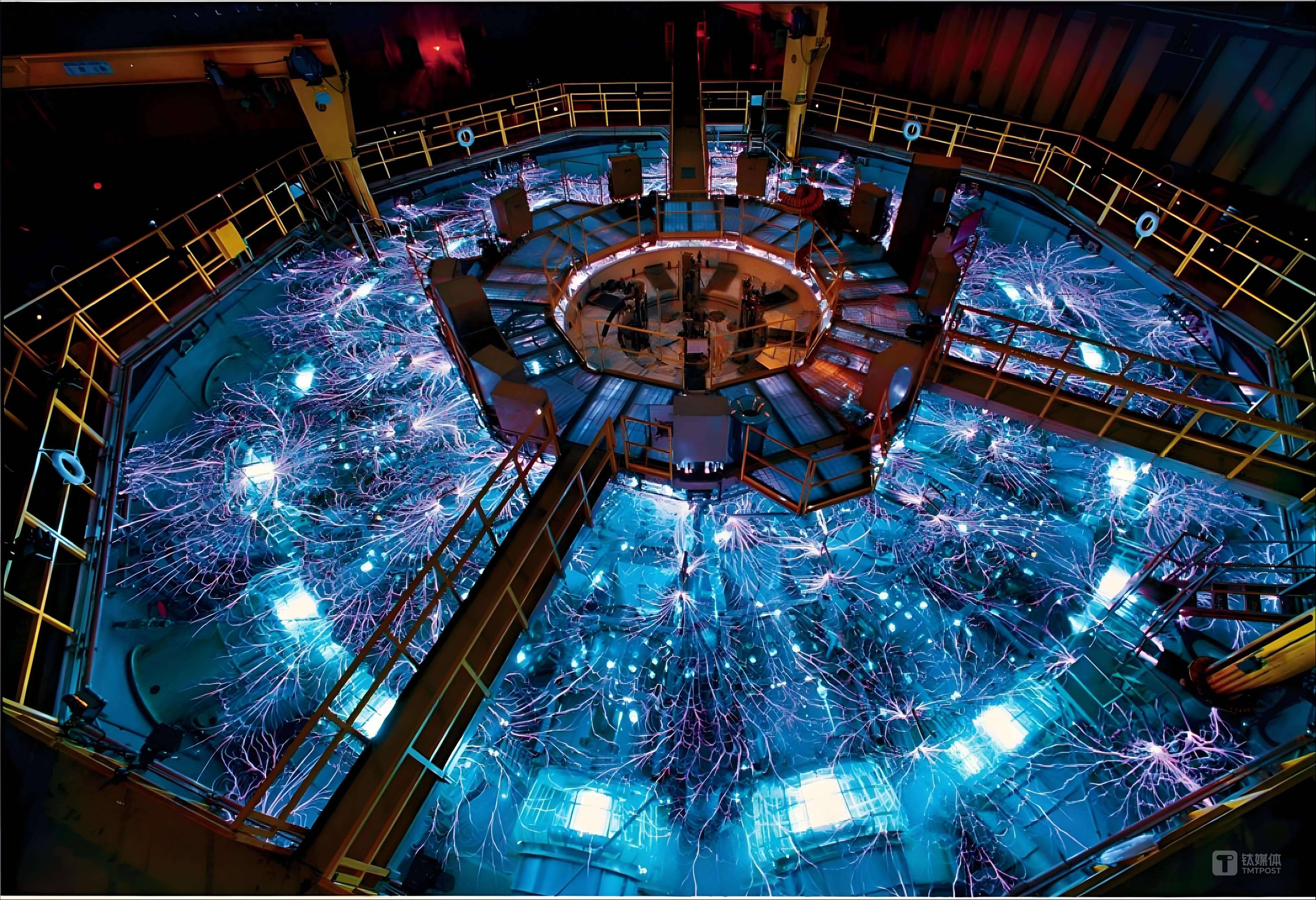In recent developments within the realm of controlled nuclear fusion, a company known as XN Fusion has successfully secured a substantial angel investment totaling over 100 million yuan. This round of financing has been spearheaded by prominent investors including China Merchants Capital and Zhongke Chuangxing, with additional backing from several private equity firms and individual investors. The financial advisory role for this significant transaction was entrusted to Titanium Capital, a firm recognized for its expertise in navigating complex financial landscapes.
The year 2023 has heralded a transformative era for the controlled nuclear fusion sector, with a clear consensus emerging that it holds the key to future energy solutions. China, in alignment with its dual carbon goals, has introduced a variety of policies designed to foster rapid advancements in this critical field. These policies encompass substantial funding initiatives, tax incentives, and programs aimed at attracting top talent, thereby laying a robust foundation for progress and innovation.
Across the globe, nations such as the United States, Japan, and the United Kingdom have also recognized the importance of nuclear fusion and established governmental policies aimed at propelling the industry forward. These governments have not only announced strategic development plans for fusion technology but have also committed significant financial resources toward the construction of fusion power plants, accelerating the implementation of this groundbreaking technology.
As the appetite for clean energy continues to swell worldwide, controlled nuclear fusion emerges as a tantalizing potential solution, promising vast market opportunities. Shifting energy policies, alongside increased demands for industrial and residential energy, greatly enhance the prospects for nuclear fusion technologies. Recent market analysis by Qius Consulting forecasts that the global market for controlled nuclear fusion could reach a staggering $120 billion by 2024 and climb further to approximately $265.3 billion by 2031, with a compound annual growth rate (CAGR) of about 12% during the span from 2024 to 2031.

Founded in March 2024 by Professor Xuan Sun, who is renowned for his expertise in advanced field-reversed configurations in nuclear fusion, XN Fusion aims to harness over 30 years of experience in magnetic confinement fusion. Professor Sun’s career includes stints at internationally acclaimed labs such as the Princeton Plasma Physics Laboratory (PPPL), Los Alamos National Laboratory (LANL), and Tri Alpha Energy, enriching his understanding of fusion technology. The core team comprises seasoned scientists from the Nuclear Science and Technology College of the University of Science and Technology of China, boasting extensive research backgrounds in the field.
The innovative technology underlying XN Fusion is built upon Professor Sun's advanced field-reversed magnetic mirror approach, first proposed over a decade ago. Since 2013, this technology has been under active development within the KMAX-FRC research group at his alma mater. By employing a series of magnetic mirrors, this approach enhances plasma confinement, thus significantly reducing plasma losses and addressing common challenges faced by existing fusion devices regarding confinement and stability. These advancements not only improve the efficiency of fusion reactions but also increase the feasibility of developing economically sustainable fusion power stations.
Professor Sun has expressed optimism regarding their patented approach, which involves a novel triple confinement magnetic field environment. This unique combination includes self-organizing constraints of field-reversed configurations, strong magnetic mirrors, and potential barrier enhancements for axial confinement. His vision is to establish operational states characterized by high temperature, density, and prolonged confinement times.
Field-reversed configurations (FRCs) present a novel approach to plasma confinement, achieving high-density stability even under lower magnetic fields, a property that distinguishes them as dark horses in the fusion community. Recent advancements spearheaded by companies like TAE and Helion Energy have further underscored their growing importance in the pursuit of viable fusion energy solutions.
Delving deeper into the mechanics, field-reversed configurations not only offer compact structural designs, reducing construction costs and timelines but also boast a high beta value. The beta value, a critical parameter indicating the pressure ratio of plasma to magnetic fields, highlights the capability of FRCs to sustain high-pressure plasma, enhancing the efficiency of fusion reactions under less robust magnetic conditions. Moreover, FRCs exhibit exceptional fuel adaptability, allowing for the use of traditional deuterium-deuterium and deuterium-tritium fuels, as well as advanced fusion fuels such as deuterium-helium-3 and hydrogen-boron, which could potentially facilitate direct energy conversion and improve overall energy efficiency.
It is worth noting that although research into field-reversed configurations has been ongoing abroad for several years, domestic efforts have remained relatively fragmented and limited until now. Professor Sun has made significant strides in this regard, establishing the first-ever experimental facility for colliding fusion using field-reversed configurations in China, which to date stands as the only publicly reported facility successfully demonstrating this approach in a laboratory setting.
Dr. Baoming Ren, the chief scientist at XN Fusion, emphasized the importance of their successful validation of scientific feasibility through the KMAX-FRC program. He conveyed the company’s ambition to implement “smarter solutions" in achieving fusion energy compared to their international counterparts.
Currently, XN Fusion is in the process of designing and constructing a next-generation KMAX-U linear advanced field-reversed magnetic mirror device, which is essentially an upgraded version of the existing KMAX device that has operated successfully for 12 years. This legacy device has not only accumulated extensive technological knowledge but has also garnered recognition within the domestic fusion museum and the international scientific community. The company aims to complete the new iteration within the next six to eight months and expects to achieve operational status within a year.